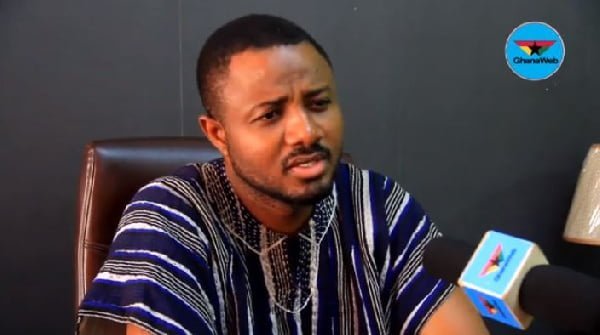Security analyst Mr. Sani Adib has urged civil society organizations to take an active interest in the country’s security by helping to restore peace in conflict-prone areas. His comments come in the wake of renewed tribal conflicts in the Bawku area of the Upper East Region, which have led to loss of life and injuries.
Speaking on the Daybreak Upper East show on A1 Radio, Mr. Adib cautioned politicians to avoid actions that heighten tensions. He also called on NGOs, the media, and the international community to provide support to address issues of insecurity, particularly in Bawku.
“It seems we cannot rely on politicians to resolve the issue, as the apparent politicization of the conflict is worsening the situation, making it increasingly complex to find a solution,” Mr. Adib noted. “This is why other stakeholders, such as the media, civil society, and NGOs, along with the international community, have crucial roles to play. And I think we can start with the media.”
As Executive Director of the Jet Ski Center for Humanity and Peace, Mr. Adib mentioned that his organization is actively working with the international community to address the situation. He continued, “Through media advocacy, we are urging the government to do more to address this crisis.”
The Upper East Regional Secretary of the National Peace Council, Mr. Ali Anankpieng, advised against the spread of graphic images and videos on social media, as they inflame passions and exacerbate tensions.
“Residents have a role to play in de-escalating the conflict,” Mr. Ali said. “They can help by creating spaces for dialogue, minimizing inflammatory posts on social media, and communicating carefully about the conflict. They should also ask political leaders for specific actions to address their needs rather than drawing them into the conflict. It’s crucial that people engaging in discussions about the violence or related politics are well-informed to contribute to meaningful discourse rather than fueling tensions.”
Mr. Anankpieng emphasized the importance of responsible communication, advising that a more informed public discourse can prevent further escalation of conflict.
Source: A1Radioonline.com|101.1Mhz|Samuel Adagom|Bolgatanga


